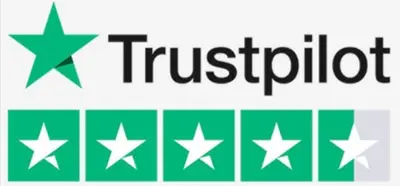The real estate market in the UK presents a variety of methods for buying and selling properties, each with its own set of advantages and disadvantages. Among these methods, cash buying and traditional property sales stand out as prominent options. This article delves into a comparative analysis of these two approaches, providing insight into which might be more suitable for different types of sellers and buyers.
Understanding Cash Buying
Cash buying refers to the process where the buyer purchases a property outright without the need for mortgage financing. This method is known for its speed and simplicity. Sellers who wish to sell your house fast often find cash buying appealing due to the expedited process. Without the need for mortgage approvals, cash transactions can often be completed in a matter of weeks, if not days.
Advantages of Cash Buying
- Speed: As mentioned, the absence of mortgage processes significantly reduces the time taken to complete the sale.
- Certainty: Cash sales are less likely to fall through, as buyers do not depend on external financing approval.
- Simplicity: The process is straightforward, with fewer paperwork and no lender requirements to fulfil.
Disadvantages of Cash Buying
- Limited Buyer Pool: Not every prospective buyer has the means to purchase a property outright, potentially limiting the market.
- Lower Offers: Buyers offering cash may expect a discount in return for the liquidity and certainty they offer.
Traditional Property Sales
In contrast, traditional property sales involve transactions where the buyer typically secures a mortgage or loan to finance the purchase. This method is more common and familiar to a majority of buyers and sellers in the UK.
Advantages of Traditional Sales
Higher Selling Price: Sellers might receive higher offers since buyers are not providing liquidity and are often purchasing a home for personal use.
Broader Market: The availability of mortgage financing opens the property to a larger pool of buyers.
Negotiation Flexibility: With more potential buyers, sellers have more room to negotiate the best terms.
Disadvantages of Traditional Sales
Complexity and Time: The involvement of lenders, along with the need for property appraisals and mortgage approvals, adds layers of complexity and time to the sale.
Risk of Sale Falling Through: Mortgage applications can be denied, buyers can back out, and other unforeseen circumstances can occur, leading to the sale collapsing.
Comparing the Financial Implications
The choice between cash buying and traditional sales also has significant financial implications for both parties. Cash buyers may save on mortgage interest, and processing fees, and have less overall expenditure in the long run, despite the initial large outlay. On the other hand, sellers might receive a higher price through traditional sales, albeit with a potentially longer waiting period and the risk of the deal not closing.
Choosing the Right Path
Deciding between a cash sale and a traditional sale depends on the seller’s priorities and circumstances. Those in need of a quick sale, perhaps due to relocation, financial difficulties, or the sale of an inherited property, may find cash buying to be a more attractive option. Conversely, sellers aiming for maximum profit who can afford to wait might prefer the traditional route.
Final Reflections: The Path Less Traveled or The Road Well-Worn?
The decision between cash buying and traditional property sales is not merely a financial one but also a strategic choice based on individual needs, market conditions, and personal circumstances. While cash sales offer speed and certainty, traditional sales can potentially yield higher profits and a broader audience. Ultimately, the best choice varies, underscoring the importance of understanding one’s priorities and the current real estate market dynamics.


